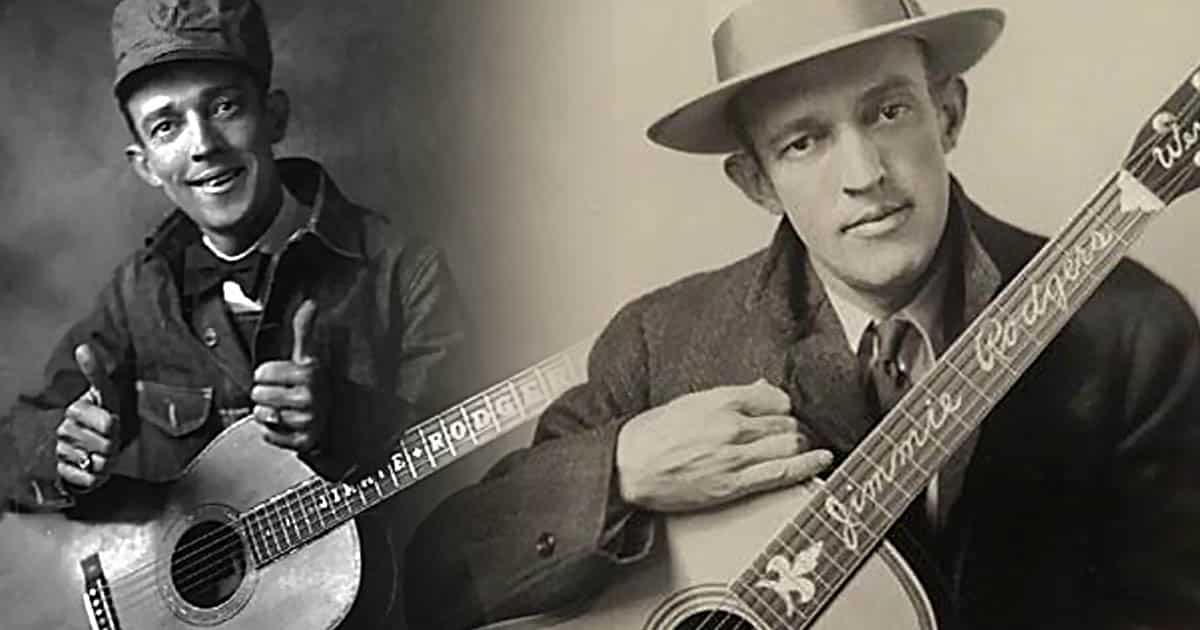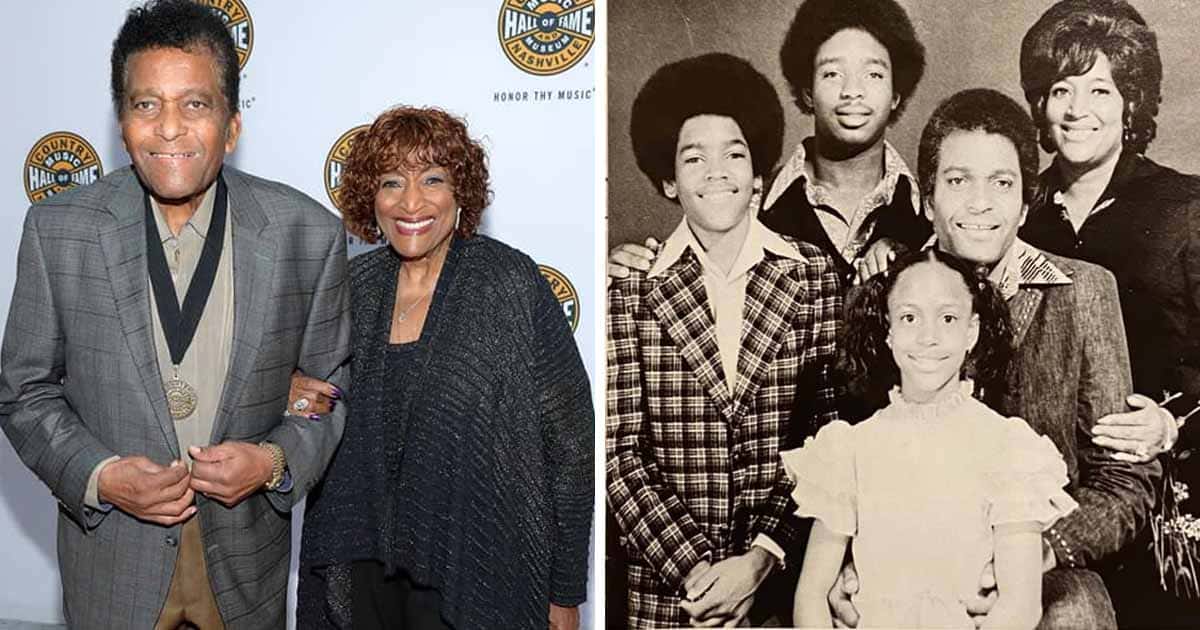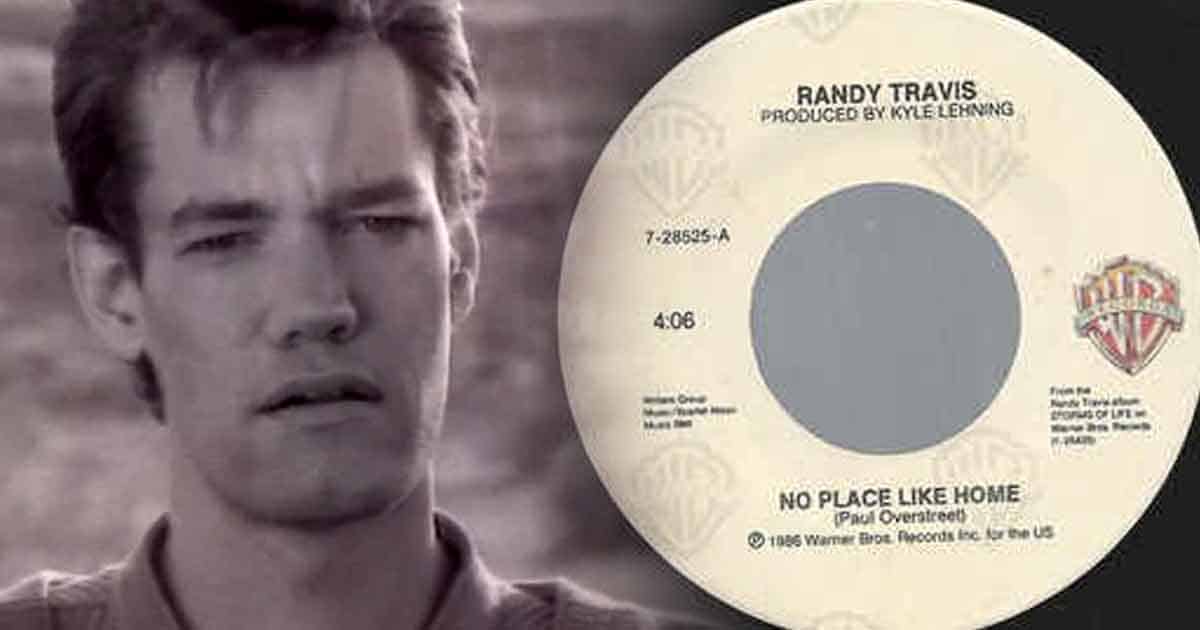Jimmie Rodgers is widely referred to as “The Father of Country Music” because of his outstanding contribution in the creation of a distinctive musical genre from a variety of diverse influences, such as the African American blues, early jazz, stage-show yodeling, the work chants of Black railroad section crews, as well as the traditional folk music from his upbringing in the South.
Born on September 8, 1897, Rodgers first worked in the railroad industry before turning to music in 1924 after testing positive for Tuberculosis. Rodgers was prepped for a historic recording session by his radio work and his collaboration with the Jimmie Rodgers Entertainers.
Let us dive deeper into the most famous works of Jimmie Rodgers by checking out these 8 genre-defining Jimmie Rodgers songs to learn more about how a simple blue-collar train worker became a country star by fusing local folk music with newly emerging mainstream trends.
1. Blue Yodel #1 (T for Texas) (1928)
Ralph Peer, who had previously recorded with Rodgers during the Bristol Sessions, produced the recording. On February 3, 1928, the Victor Talking Machine Company published it.
2. The Brakeman’s Blues (1928)
The appreciation of truck drivers throughout the past few decades shows that the hardworking person who travels across the country and lives on the road never seems to go out of favor. The allure of this profession is glimpsed in this song.
3. Miss the Mississippi and You (1934)
Occasionally, as evidenced by this sentimental ballad, Rodgers would stray into the popular sphere. It demonstrates the adaptability and diverse preferences of a performer who has his sights set outside the expanding “hillbilly” music audience.
4. T.B. Blues (1931)
Two things are symbolized by this song. One, it is an early instance of a creative person writing what they are familiar with based on actual events. It also serves to highlight the impact blues narrative and guitar picking had on Rodgers and his contemporaries.
5. Waiting for a Train (1929)
Few songs feel more true in the authenticity debate than this folk ballad about trains written by a retired brakeman. Also, take note of the fact that Rodgers, who was decades ahead of his time, essentially created music videos for the 15-minute movie The Singing Brakeman.
6. In The Jailhouse Now (1928)
This timeless tale of the price of sin and the repercussions of crime would be familiar to the downtrodden characters living in future honky-tonk songs. “In The Jailhouse Now” was published before the start of the Great Depression. At least they weren’t getting arrested in the final stages like Rodgers’ offenders, so hopefully, it brought some lighthearted respite to suffering families.
7. Blue Yodel No. 9 (1931)
For the sake of brevity, let’s consider the first significant crossover in country music history. All 13 “Blue Yodels” may fit a list like this, notably those that became the country staple “Muleskinner Blues” and the iconic Lynyrd Skynyrd live cut “T Is for Texas.” Louis Armstrong and Lil Hardin Armstrong provide the incredible trumpet and piano accompaniment, respectively.
8. Frankie and Johnny
This classic American ballad, which has been covered by several artists, relates the tale of Frankie, a woman who shoots her husband Johnny dead after seeing him making out with another woman. After that, Frankie is taken into custody; in some songs, she is also put to death.
Here are Other Jimmie Rodgers Songs, as Timeless But are Nevertheless Still Catchy as They are Even in Our Modern Times
For a musician, Rodgers’ rise to stardom was unusual in that it was based more on his early country music recordings than on the similarly well-received live performances that followed. Moreover, he has been credited as an inspiration by various members of the hall of fame in both country music and blues, a genre in which he was also a spearhead. His other well-known monikers include “The Blue Yodeler” and “The Singing Brakeman.”
In the final years of his life, Rodgers put into record more than 100 songs, including his renowned “blue yodels” collection. Rodgers poured genuine emotion, pain, and terror brought on by his medical condition into several of these recordings.
The influence of Jimmie Rodgers on country music cannot be overstated. Rodgers introduced to the genre a distinctive, colorful personality and a rousing vocal style that, in effect, created and defined the role of the singing star in country music at a time when emerging “hillbilly music” mainly consisted of old-time instrumentals and lugubrious vocalists who sounded similar.
Although he struggled to find content throughout his career, the range of Jimmie Rodgers’ songs was unusually wide and varied, including religious hymns, risqué ditties, and even love ballads.
Indeed, Jimmie Rodgers is one of the many musicians in our history that deserve to be in the Hall of Fame of country music. Truly the “Father of Country Music,” he paved the way towards the development of a wonderful music genre we still get to enjoy even today. Due to its versatility, country music does age like a fine wine.


















